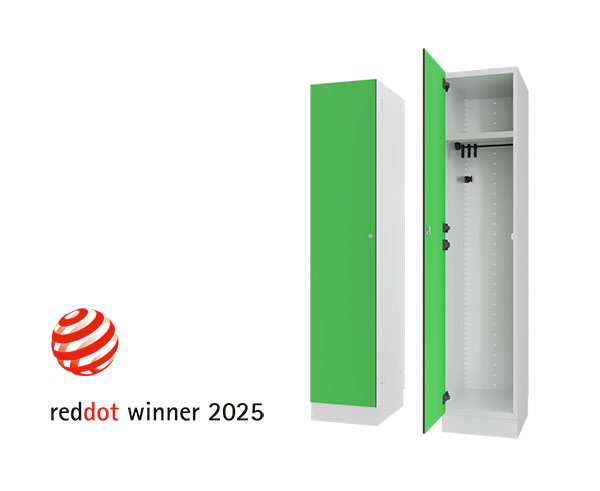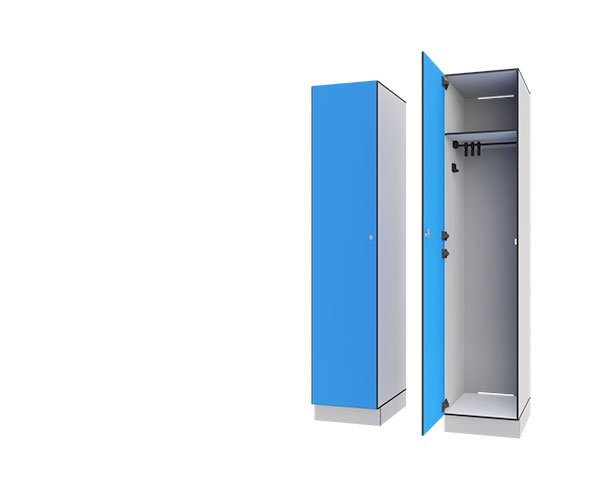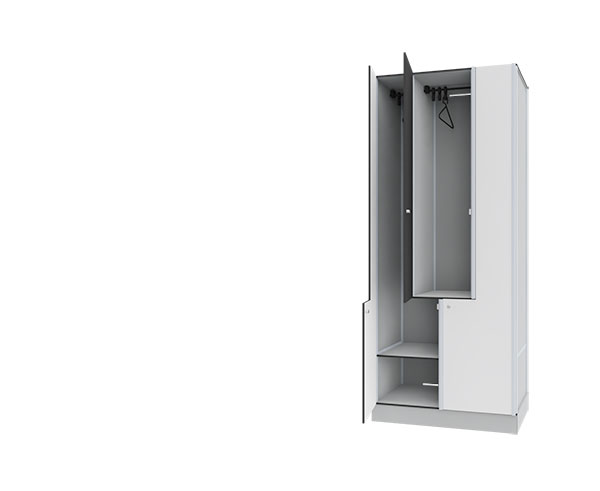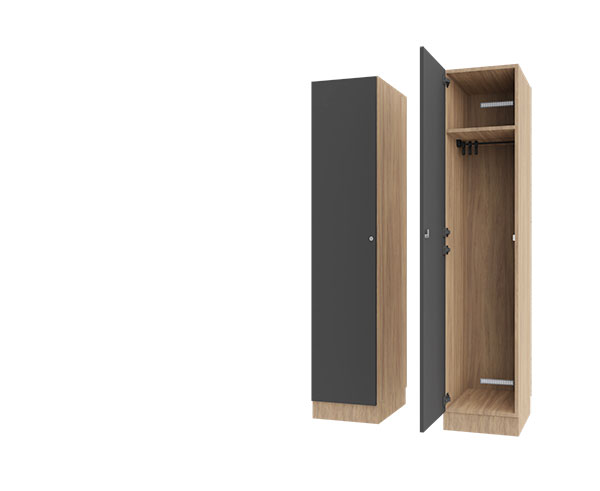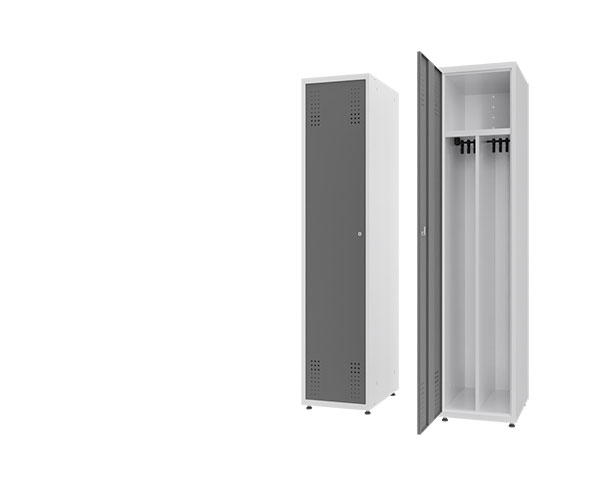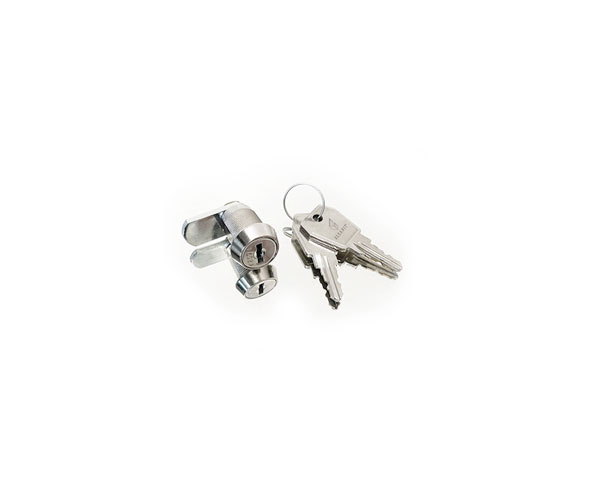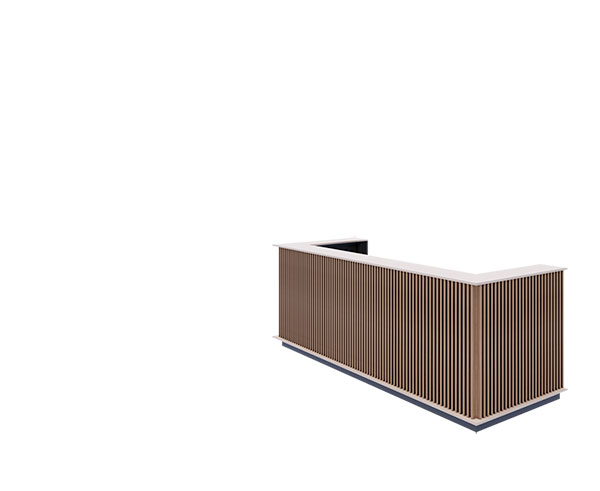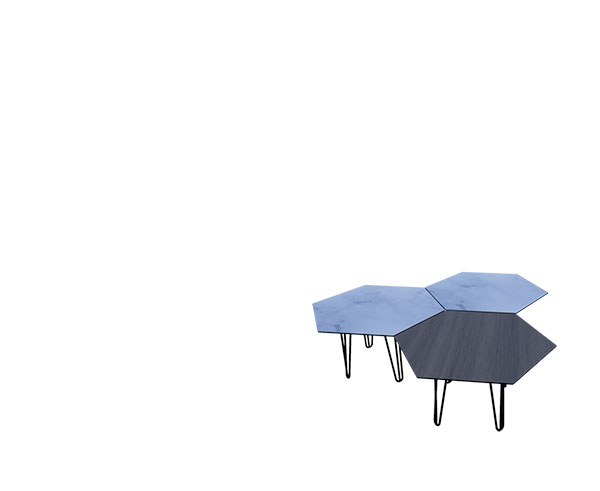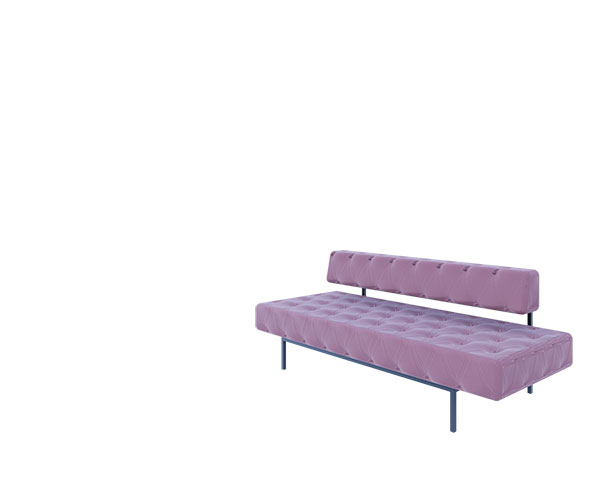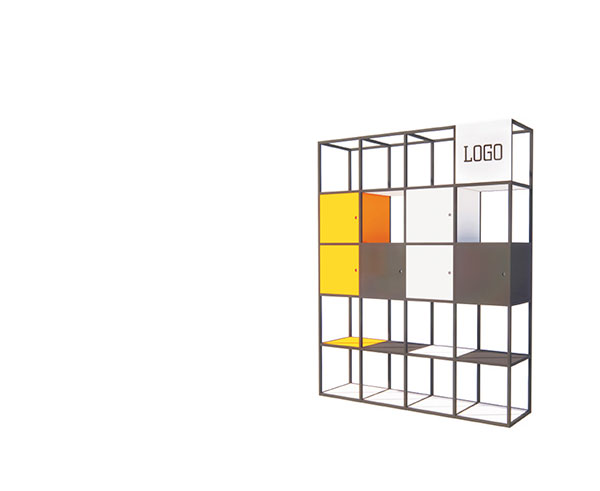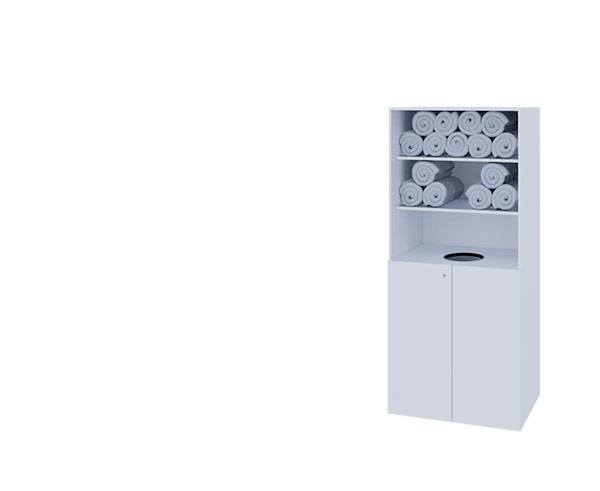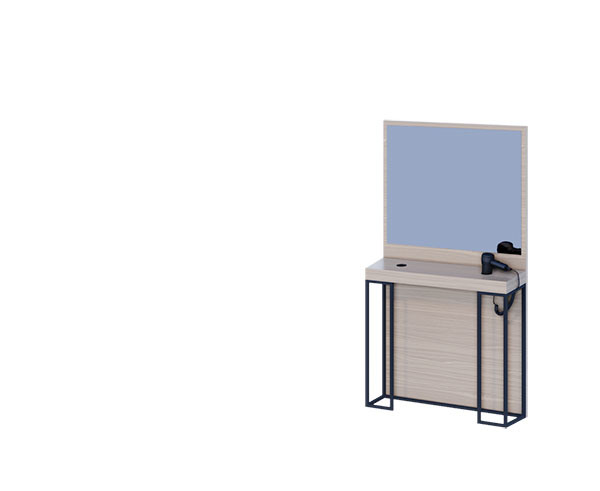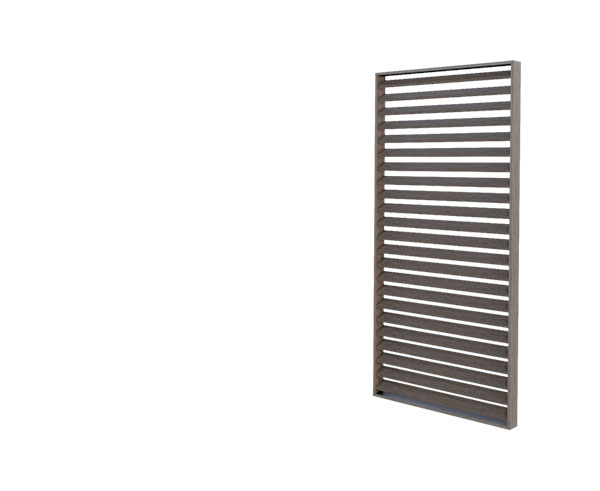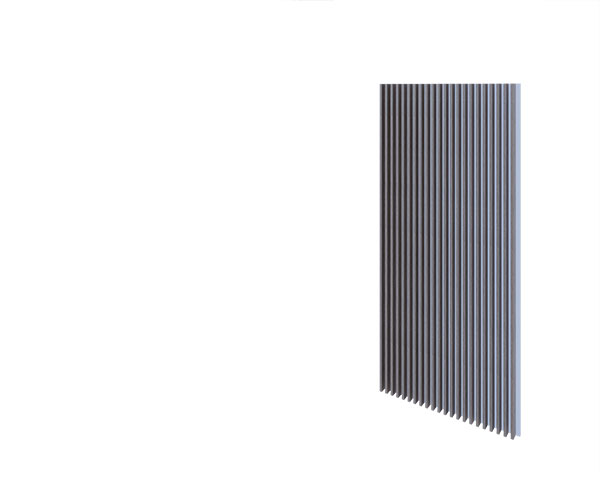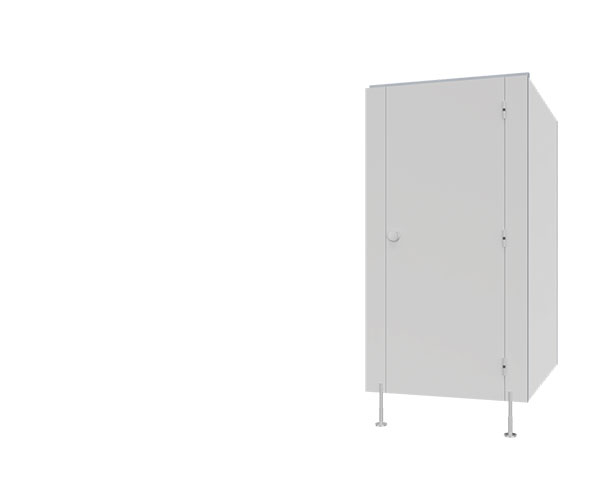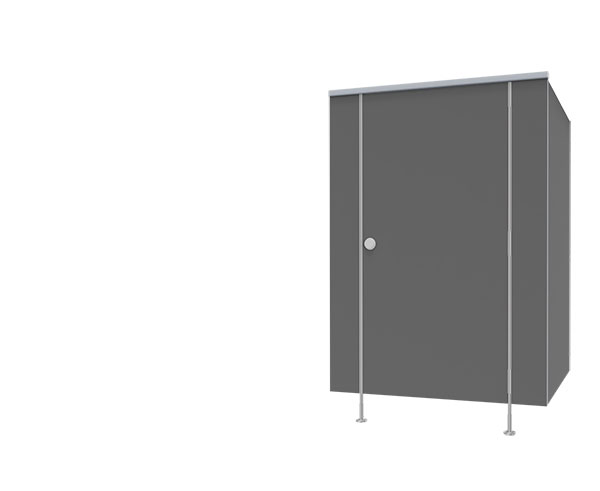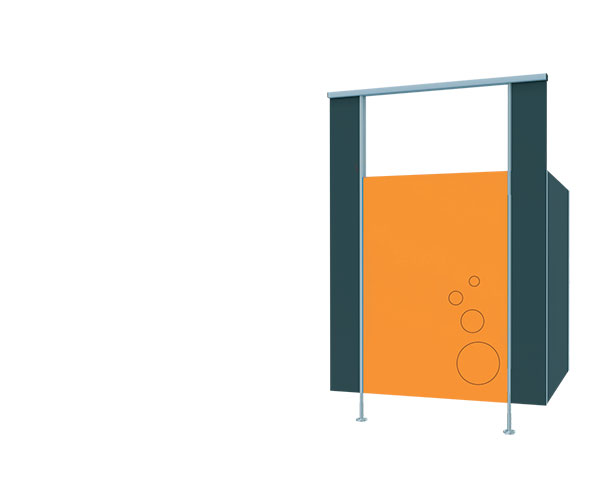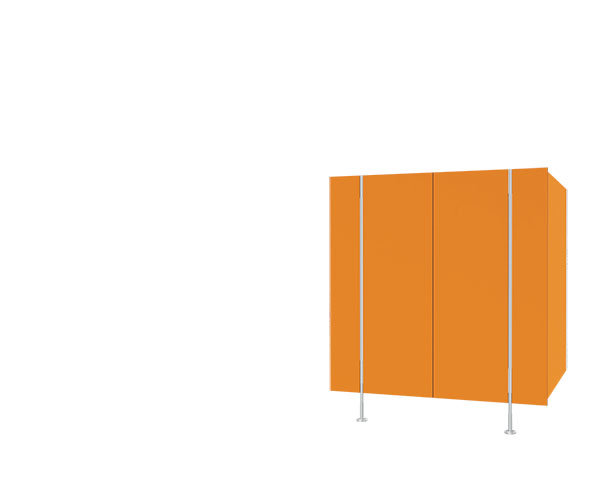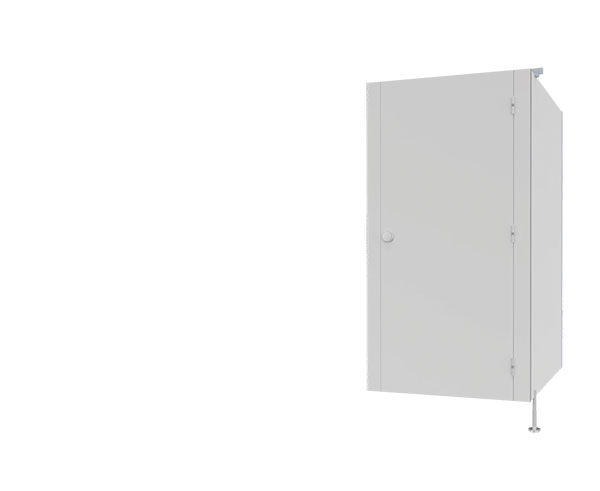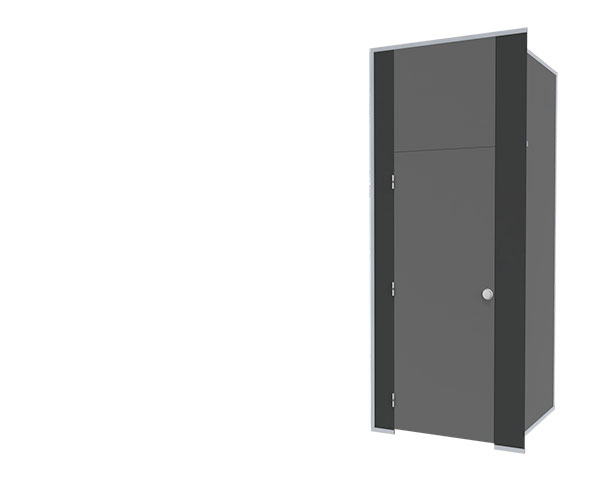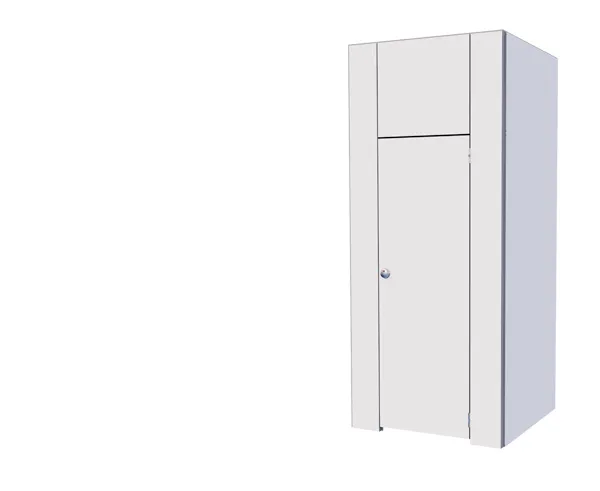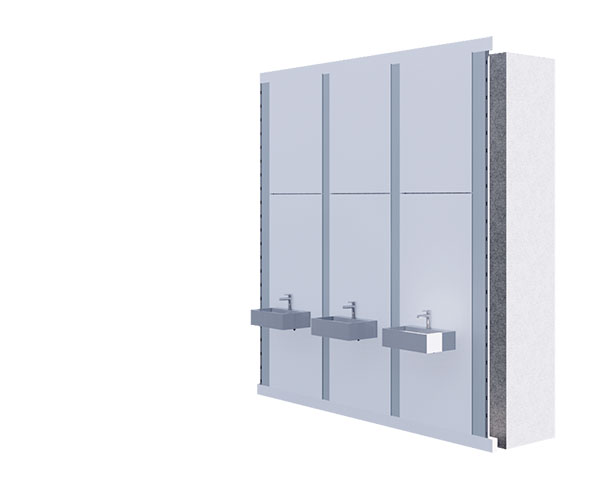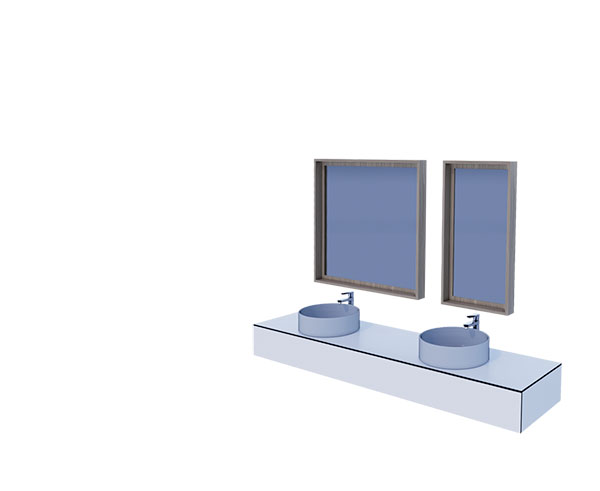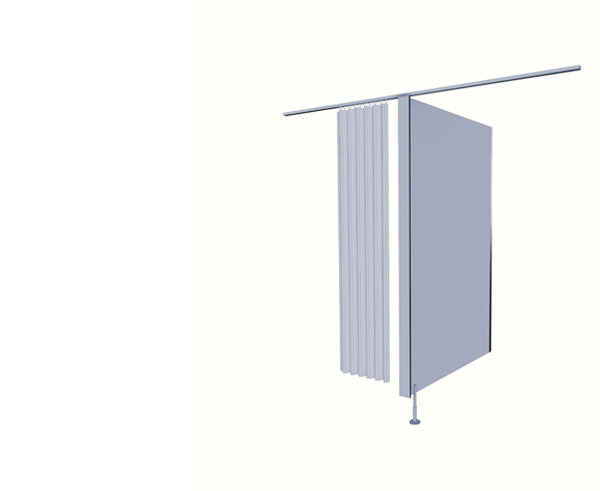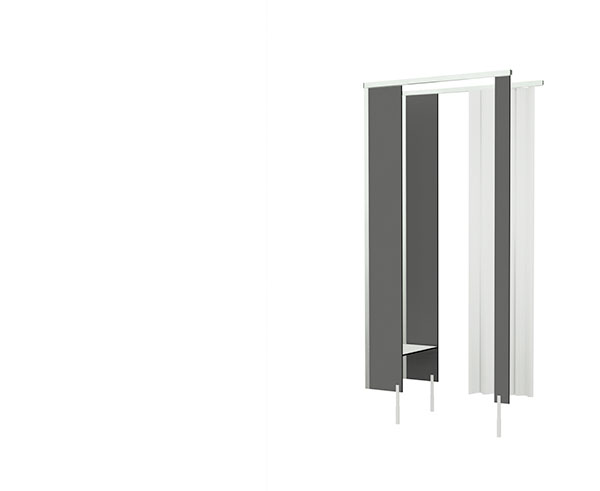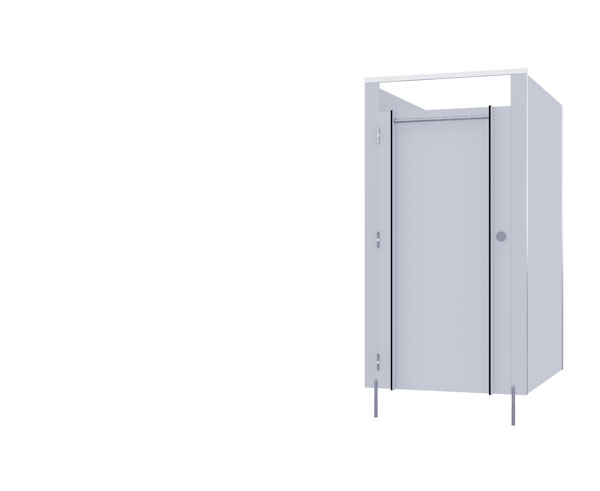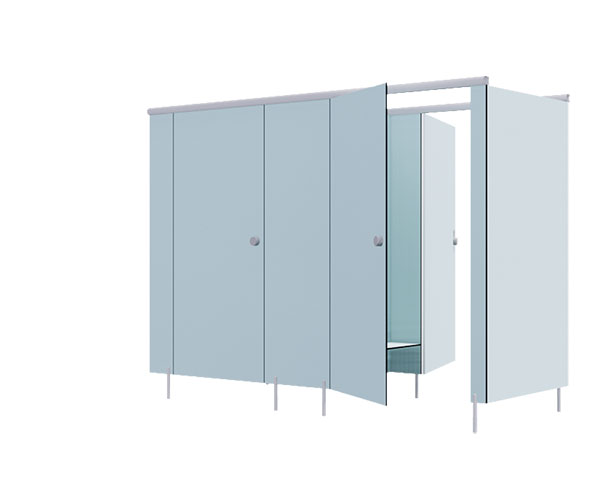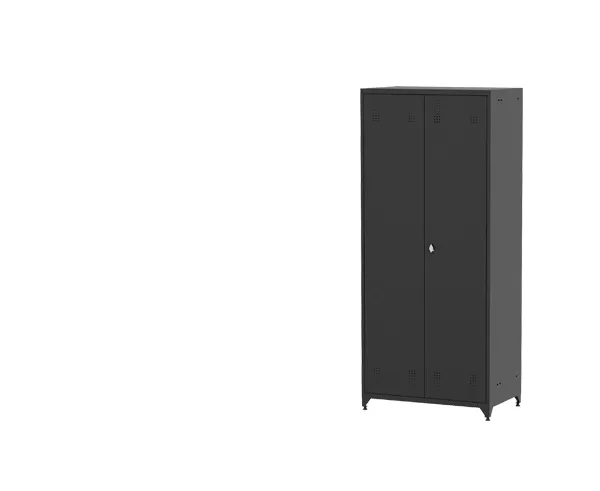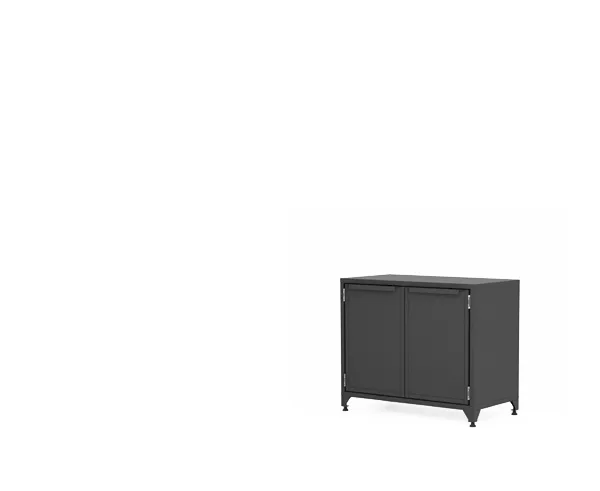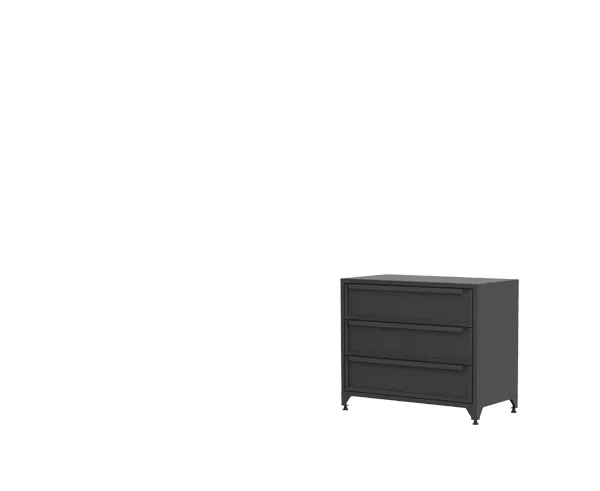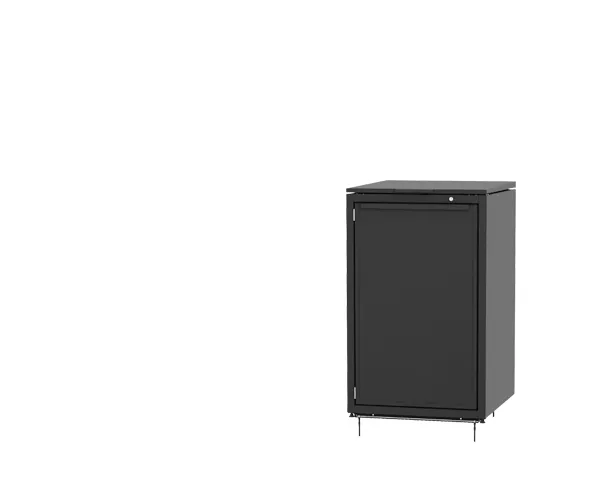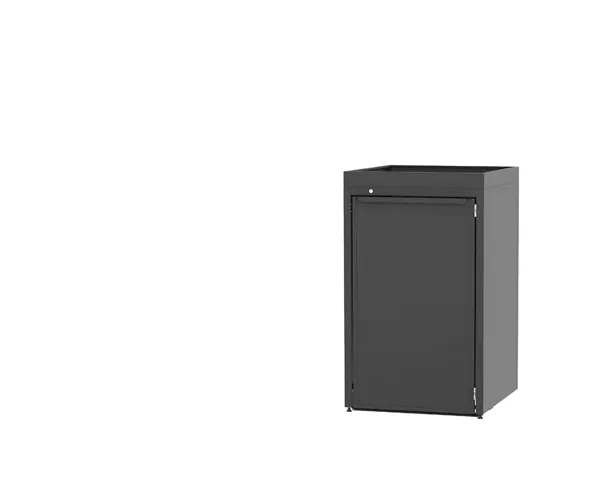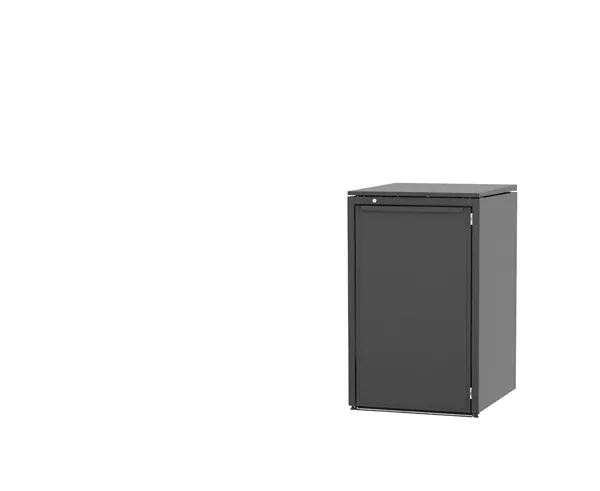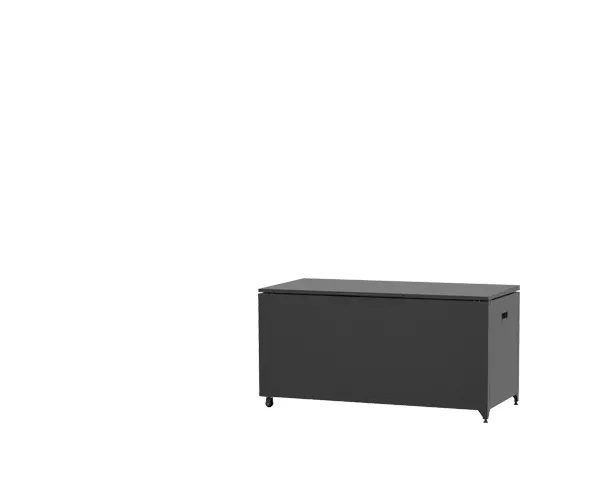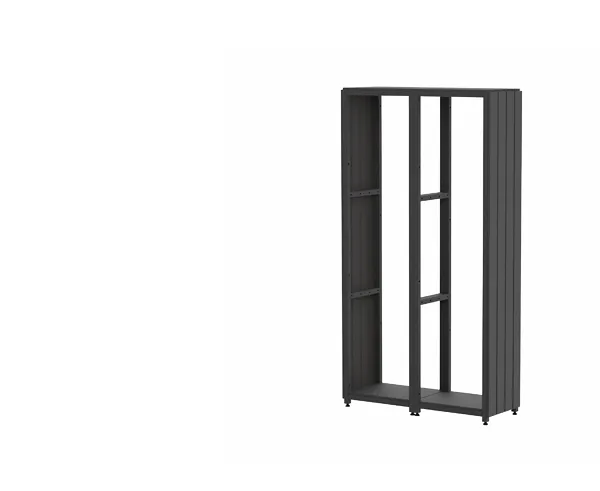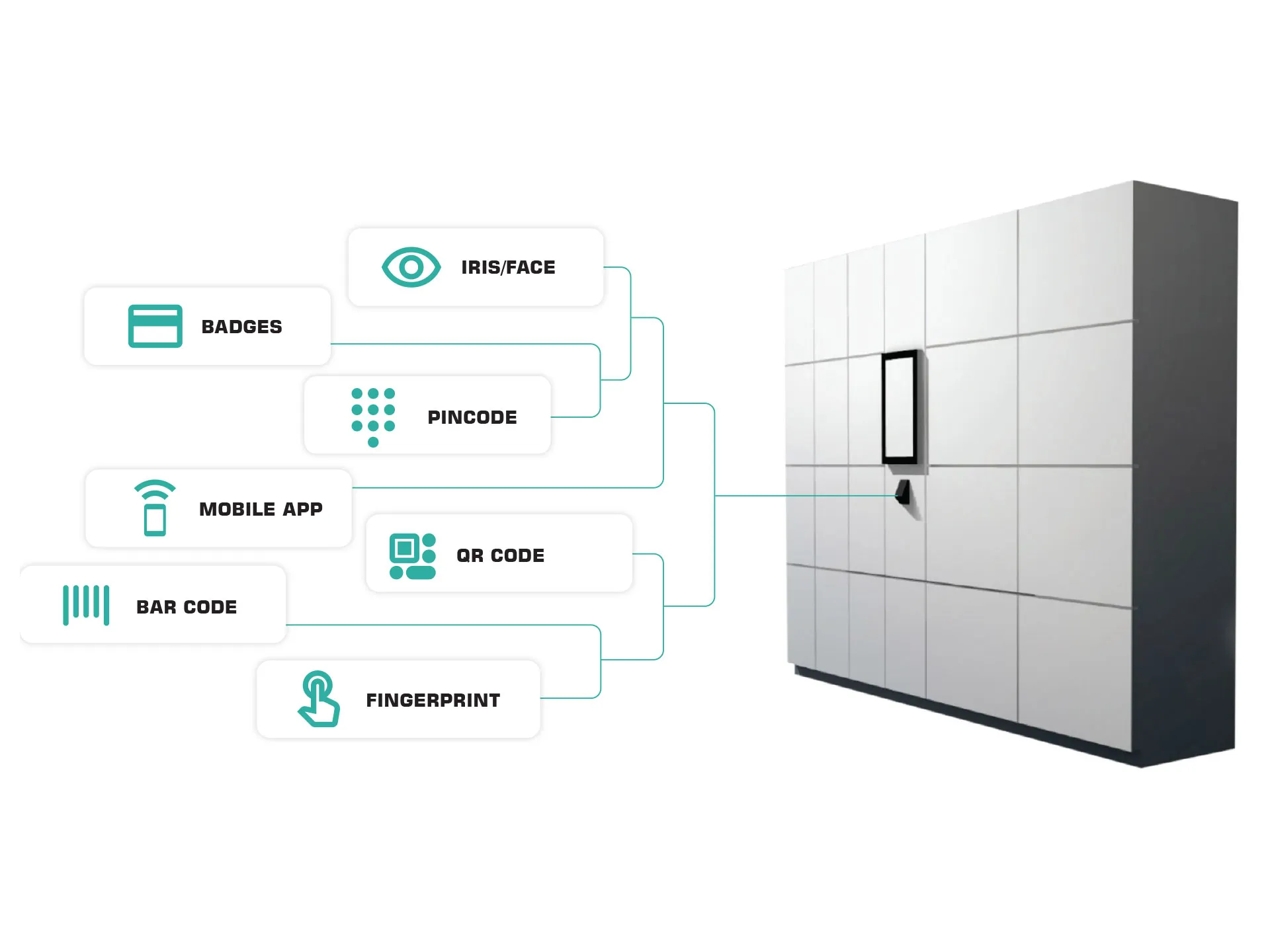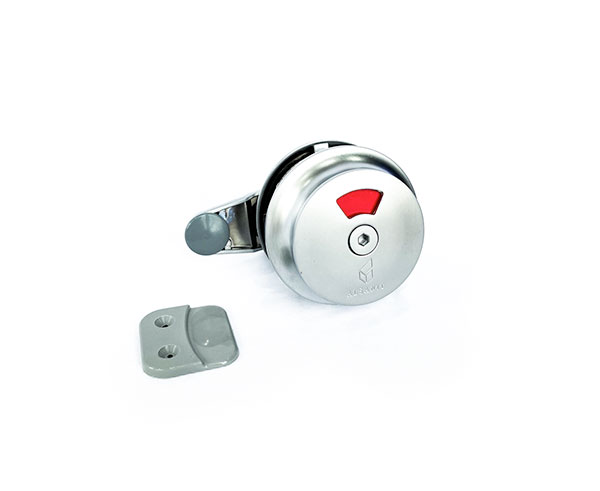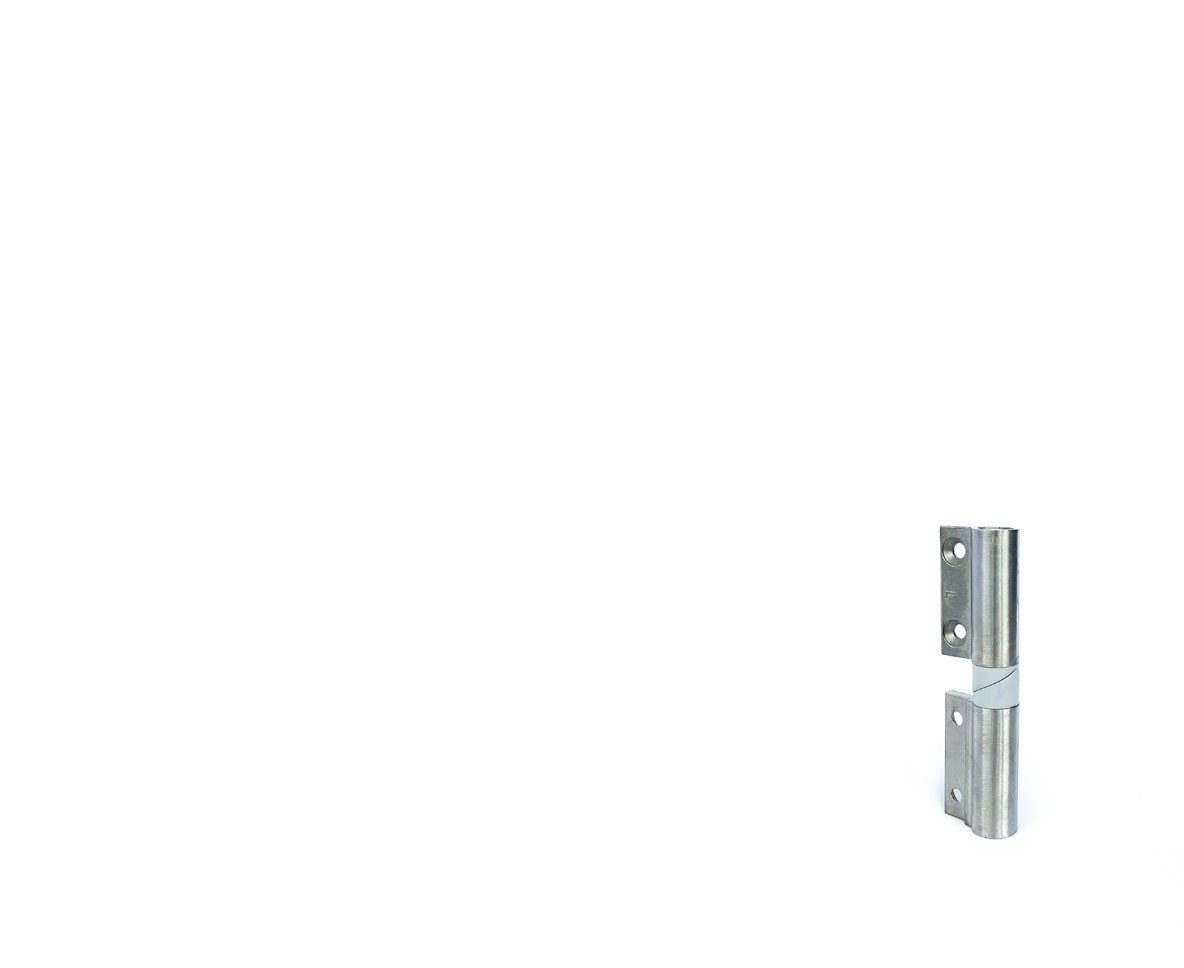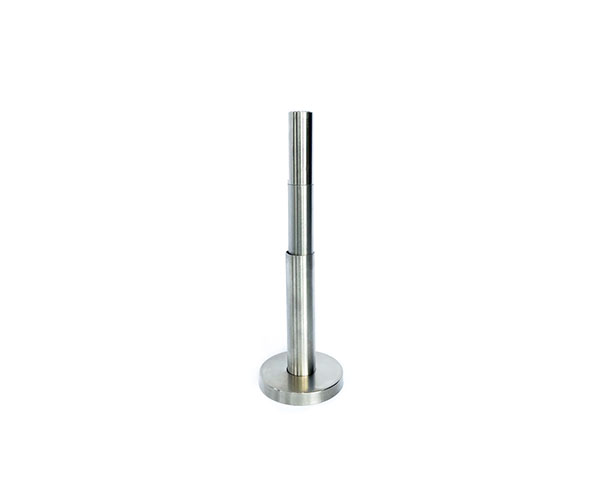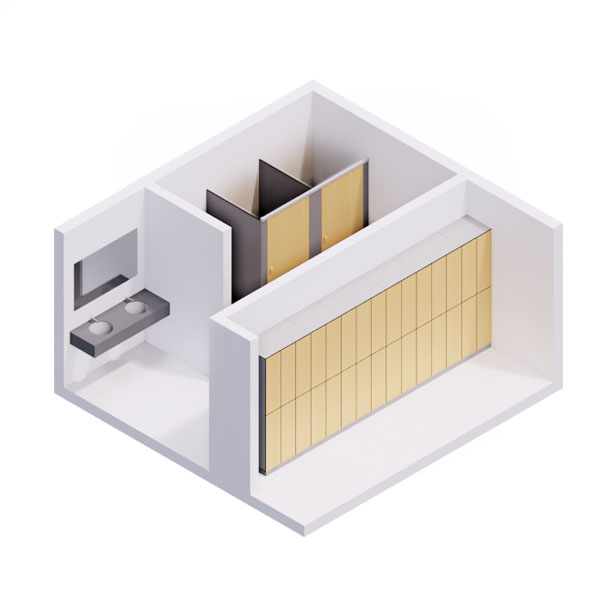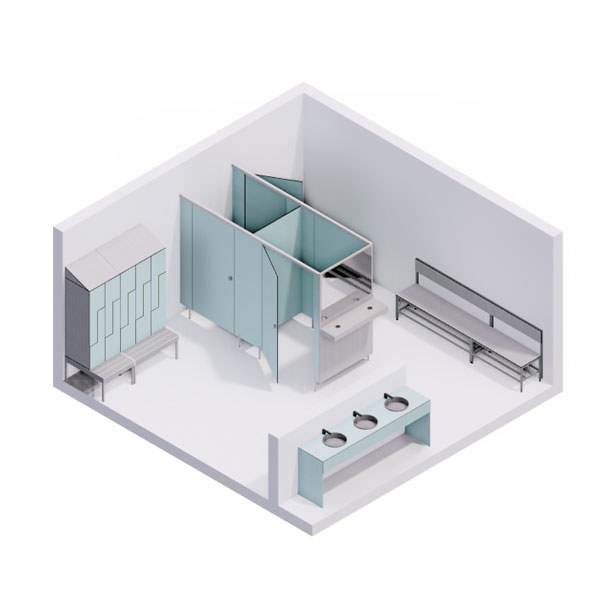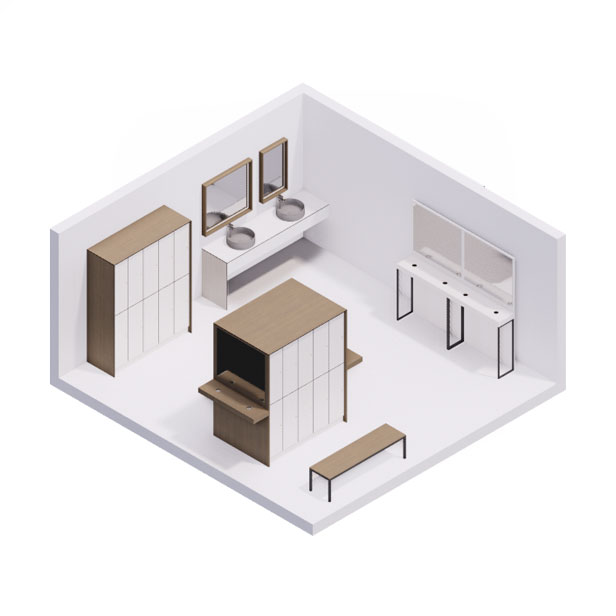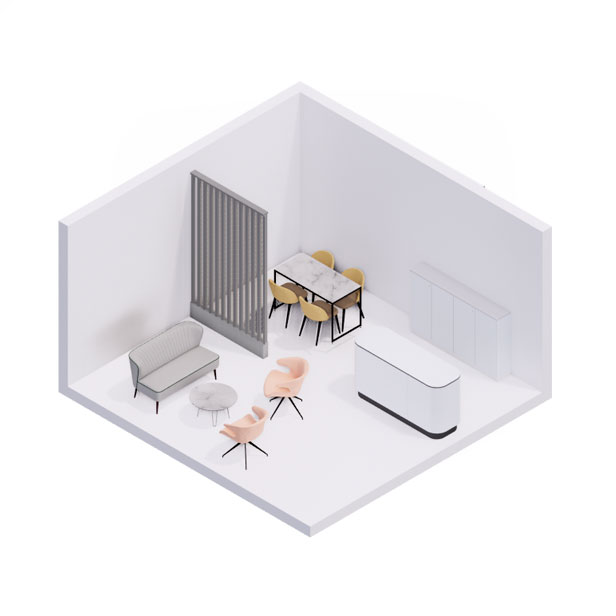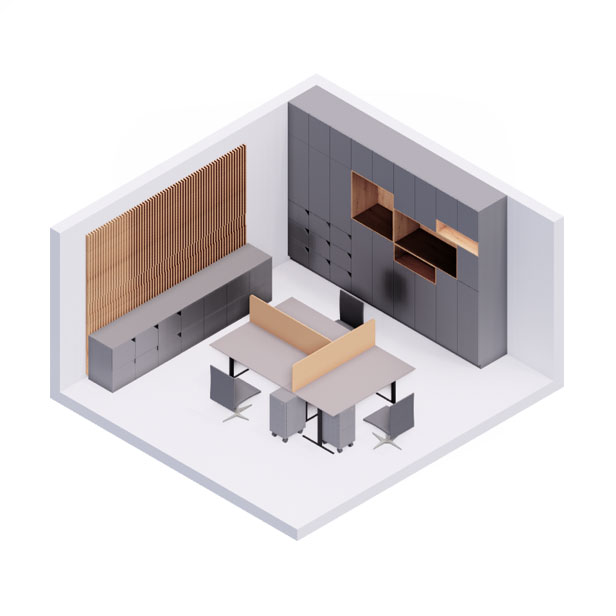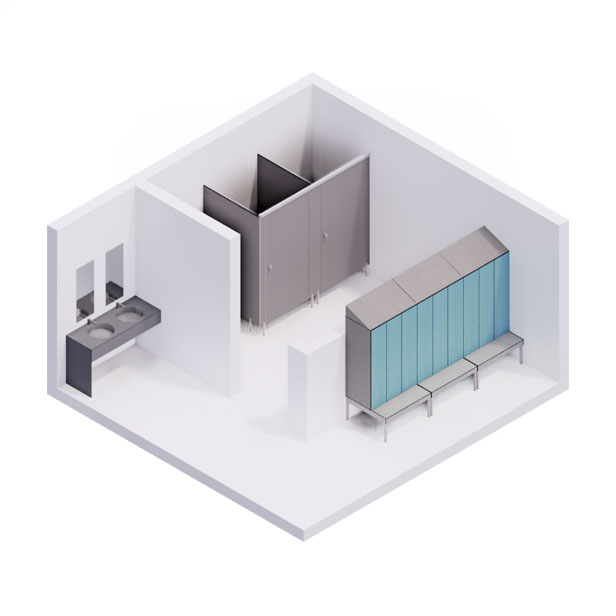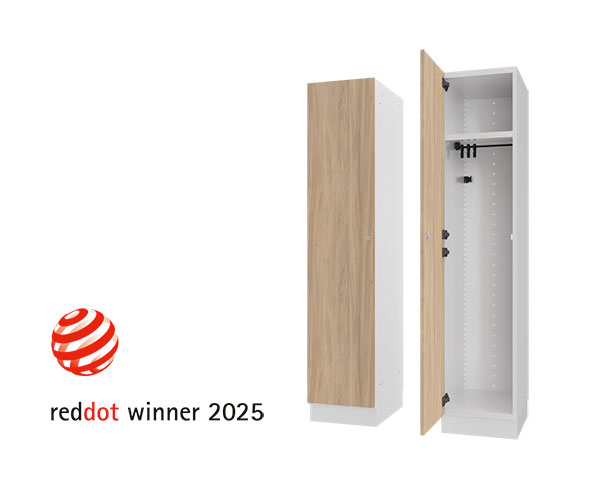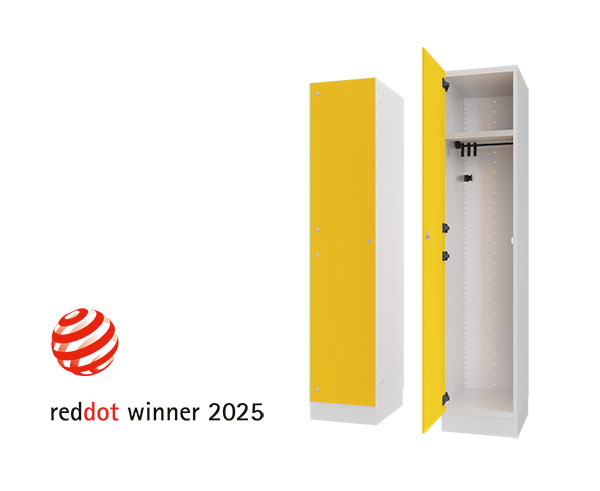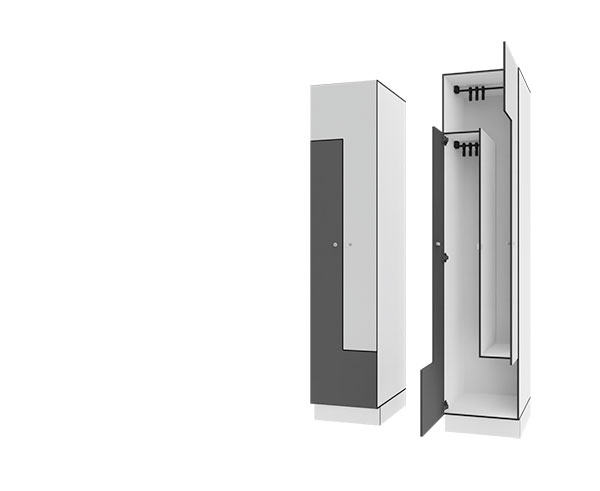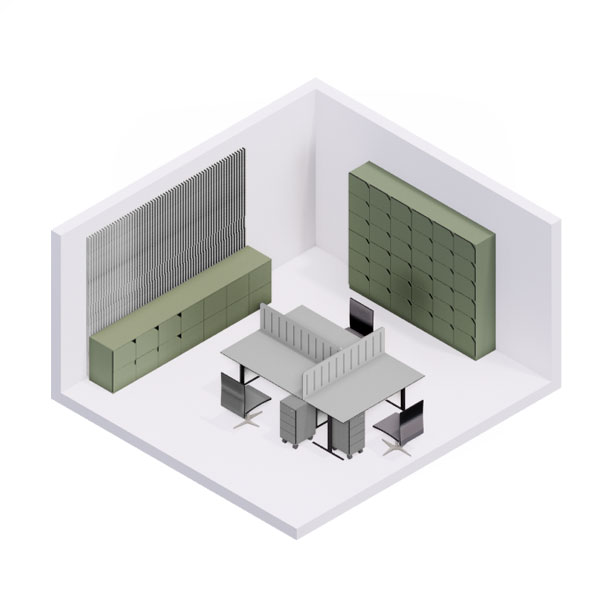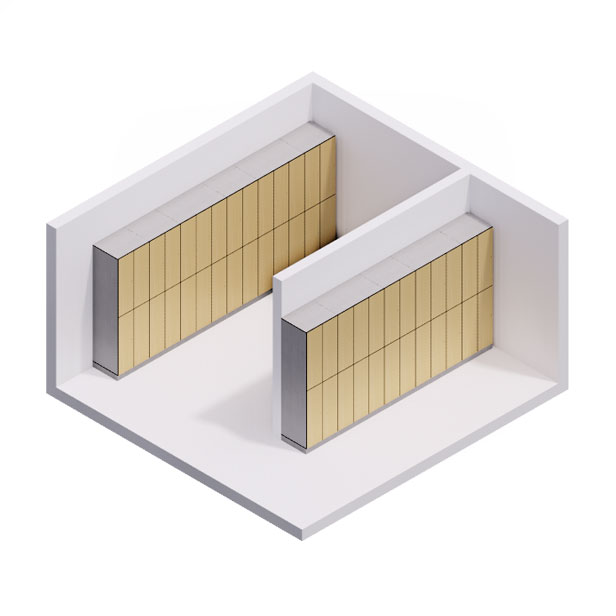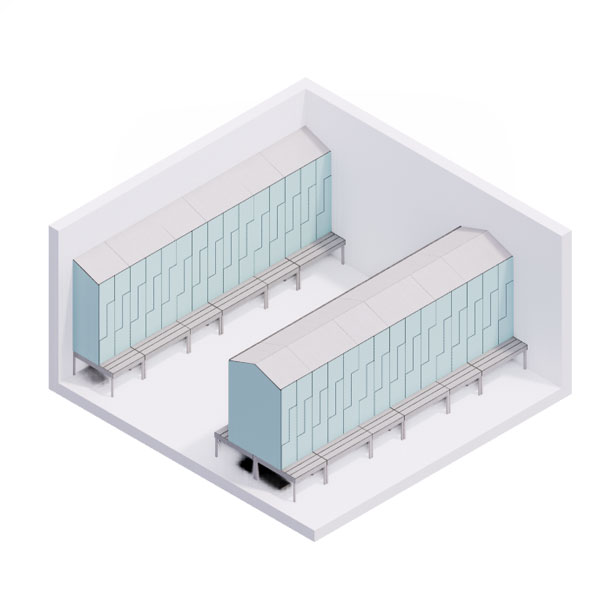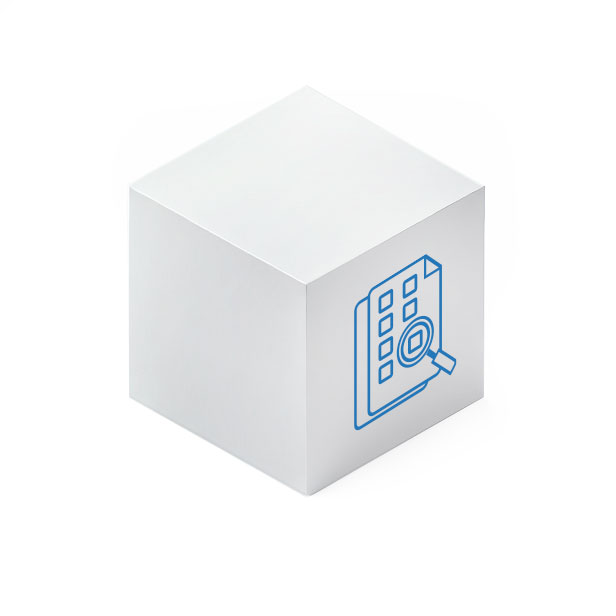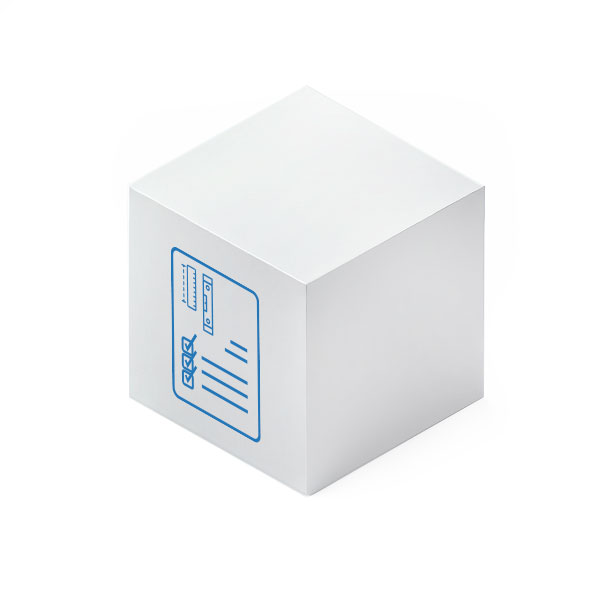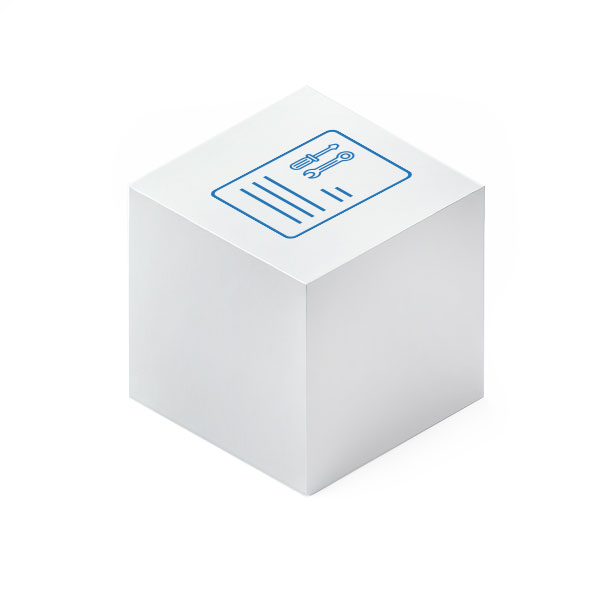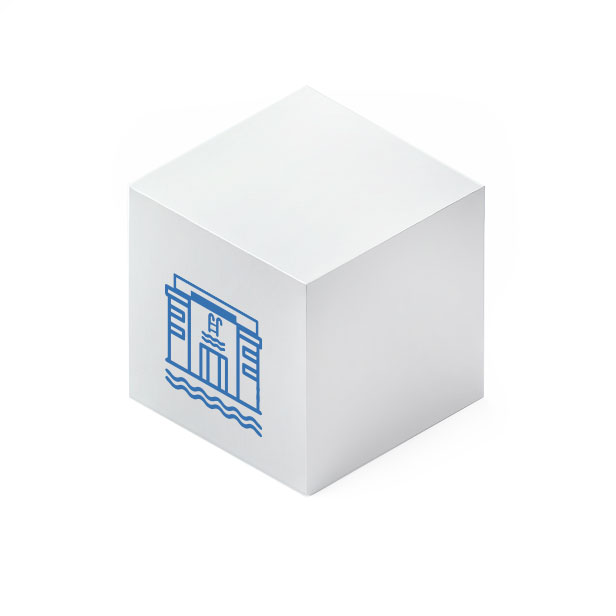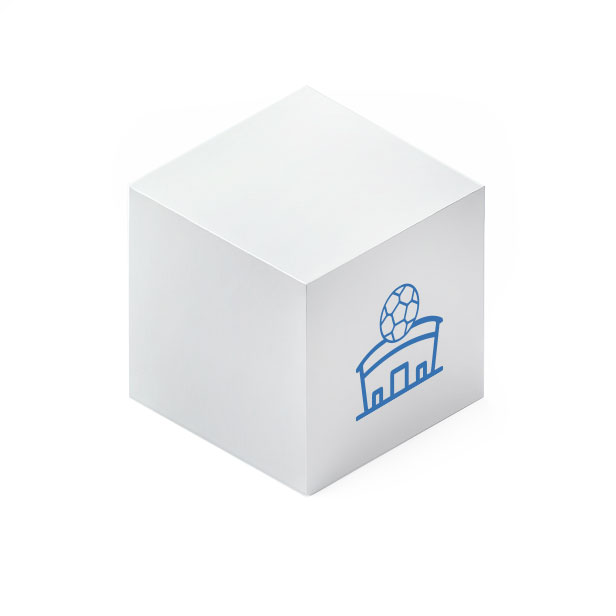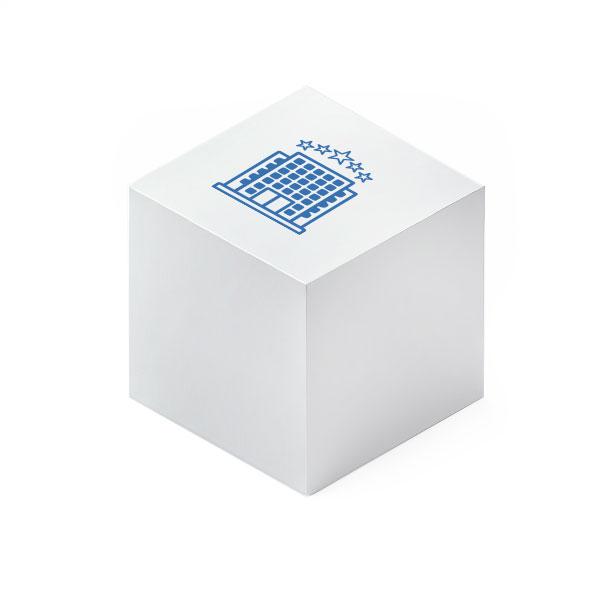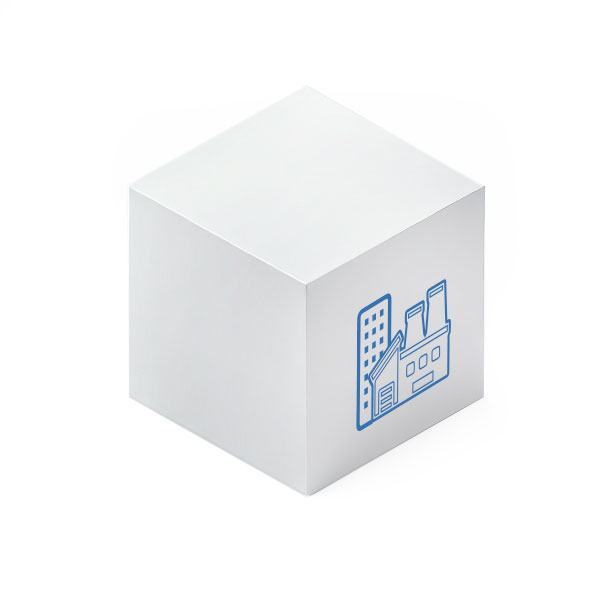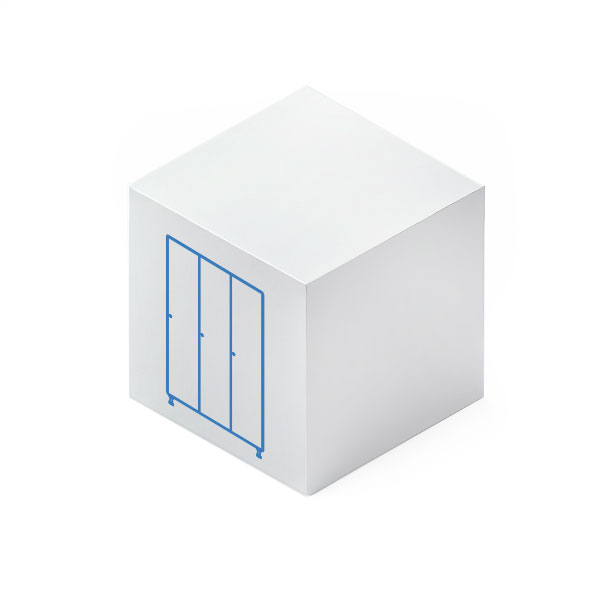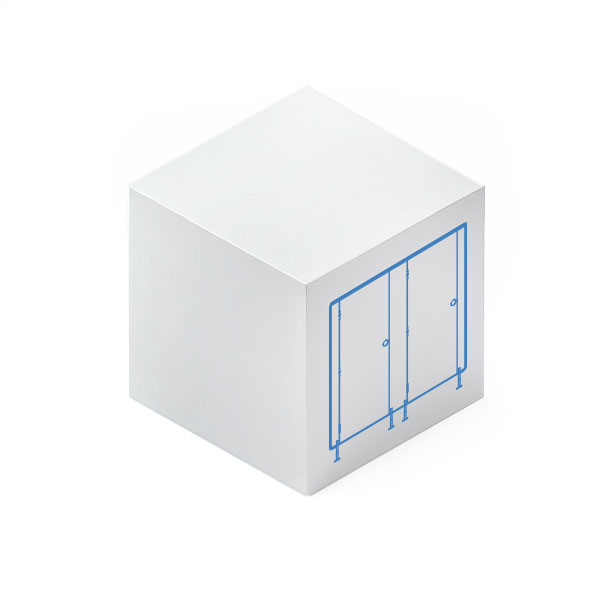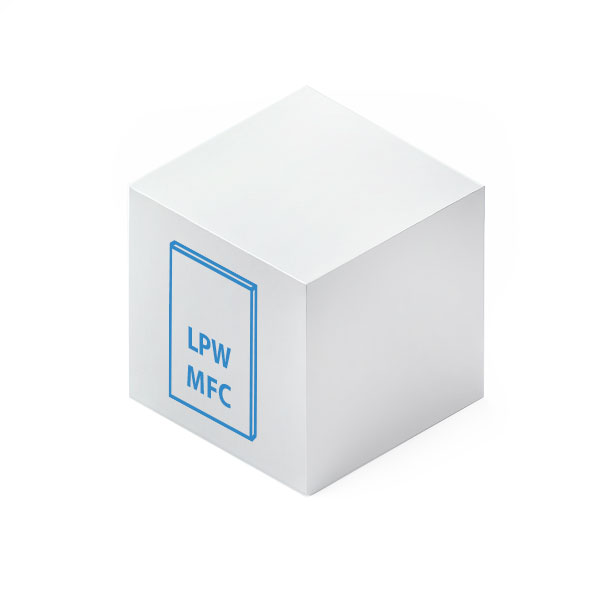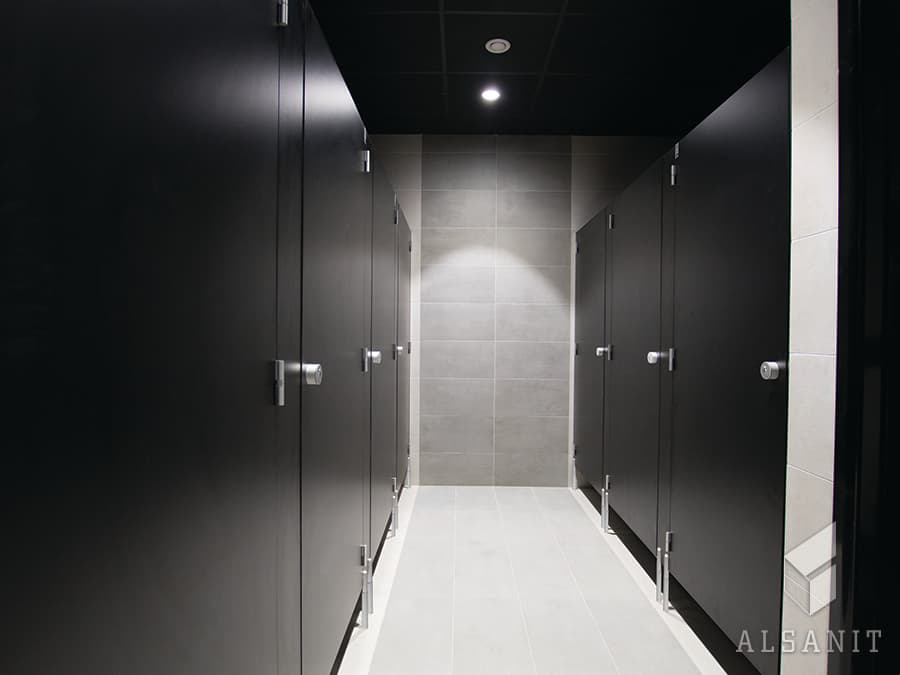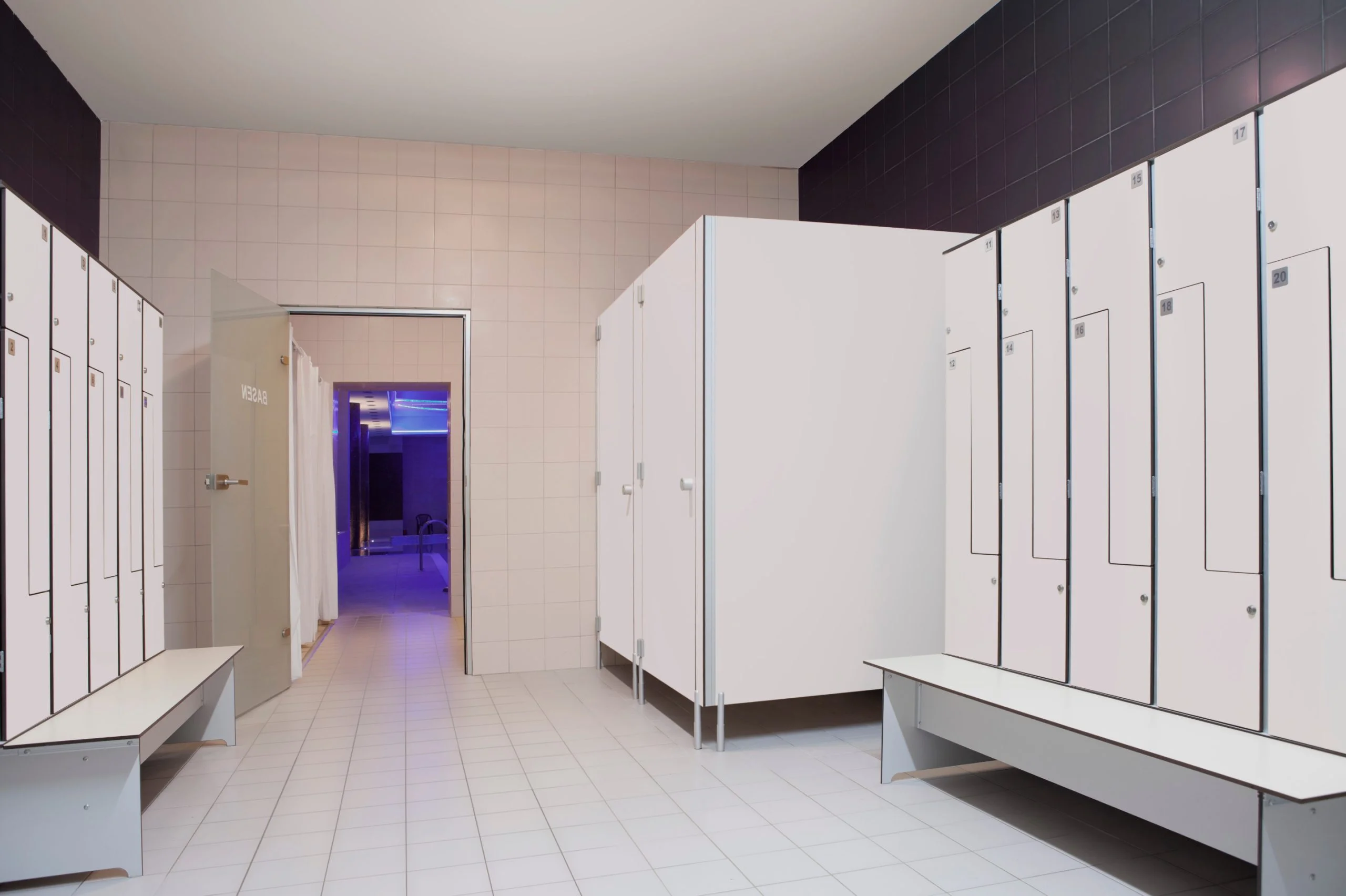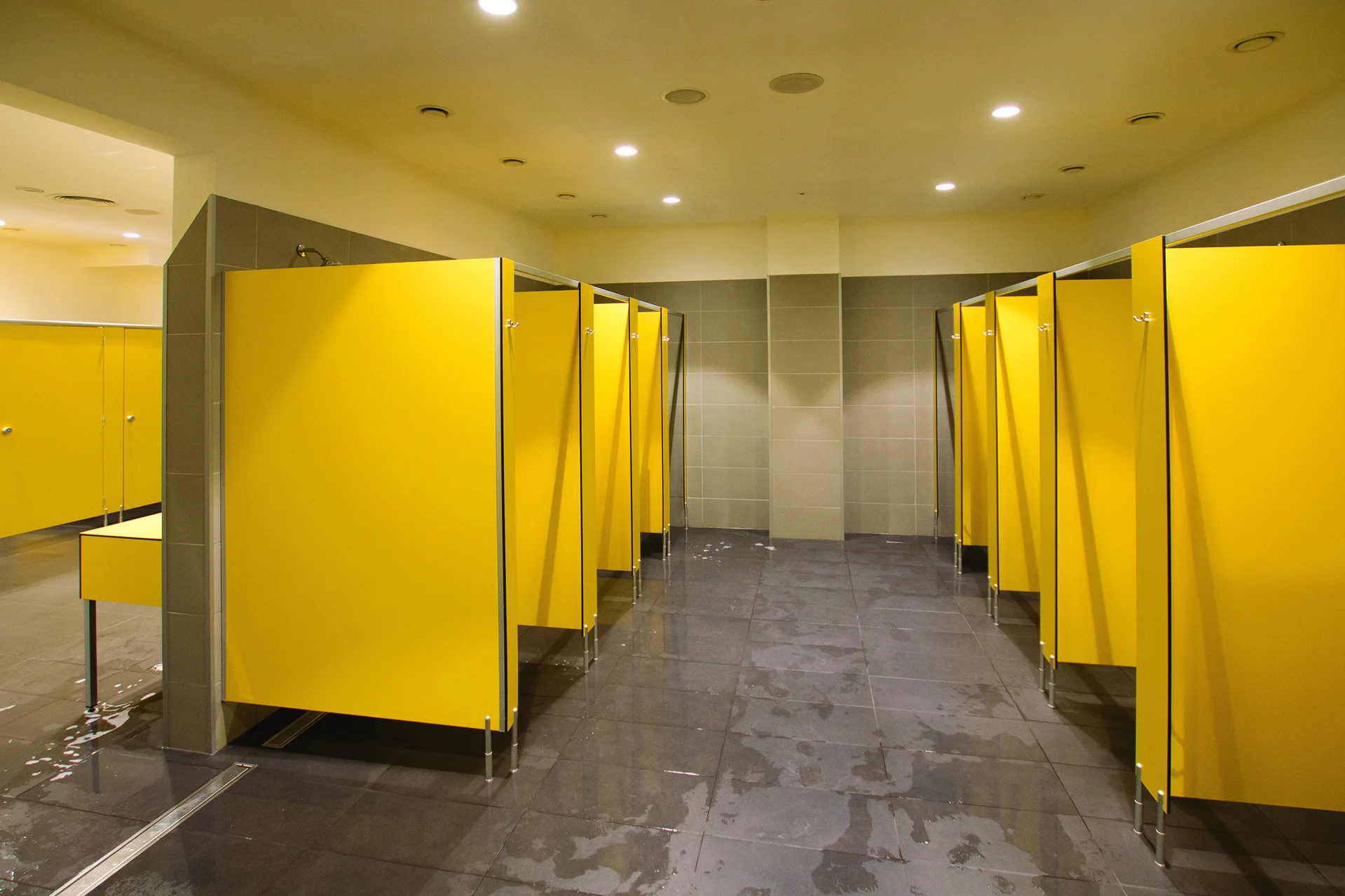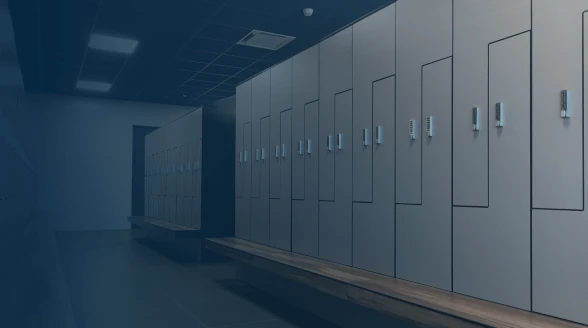Industrial showers – what sanitary conditions should they meet?
Providing employees with hygienic and sanitary facilities is a legitimate legal obligation of the employer. However, their equipment described in the regulations varies depending on the conditions of the workplace. However, it is worth investing in shower rooms even when it is not necessary from the point of view of health and safety regulations, in order to take care of the comfort of employed people. Find out how the law regulates shower rooms and which industrial showers are available on the market.
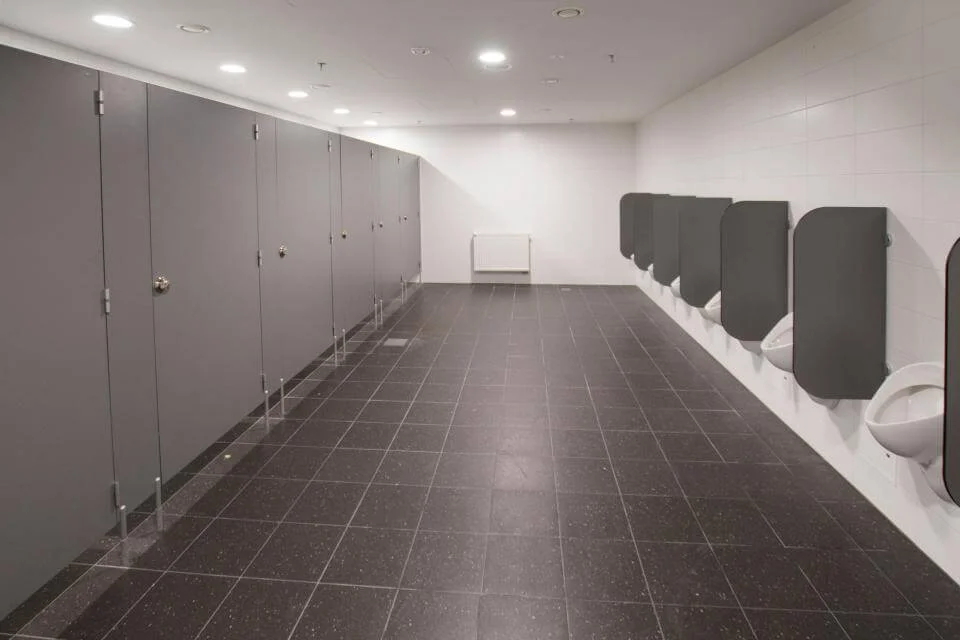
Shower cubicles for factories – regulations
The overriding term for industrial showers is hygienic and sanitary facilities. The related regulations relevant to employers are compiled in Appendix No. 3 of the Regulation of the Minister of Labor and Social Policy of September 26, 1997 on general regulations of occupational safety and health. The document regulates, among other things, issues related to shower rooms:
- § 2.3. In the rooms of washrooms and showers on floors made of materials with high heat conductivity, insulating pads (platforms) should be laid in the washing areas.
- § 3.1 Locker rooms, washrooms, shower rooms and toilets shall be arranged separately for men and women. This does not apply to an establishment where up to ten employees are employed in one shift – provided that it is possible for women and men to use these rooms separately.
- § 5. An employer who employs employees with disabilities shall ensure that hygienic and sanitary facilities and access to them are adapted to the needs and capabilities of such employees resulting from reduced dexterity, in accordance with technical and construction regulations.
Chapter 3 of the appendix – Washrooms and shower rooms – describes in more detail the regulation of industrial showers for plants:
- § 21.1 The locker room complex shall include shower rooms, if required by working conditions or health protection of employees.
- § 21.2 Shower rooms shall be easily accessible to employees and shall provide for the smooth movement of employees already washed and dressed in their own clothes.
- § 22.1 There shall be at least one spray booth for every eight employees of the most numerous shift performing work that causes soiling of the body, and for the work referred to in § 16.1. at least one spray booth for every five employees – but not less than one for a smaller number of employees.
The following types of work are listed in the mentioned §16. 1:
- associated with the use or release of poisonous, infectious, radioactive, irritating, sensitizing, and other odoriferous substances,
- dusty,
- In a humid and hot microclimate,
- causing intensive soiling.
- § 22.2 […] The width of the passageway between two rows of booths, with the use of curtains or curtain walls, should be at least 1.30 m, and between the booths and the wall – at least 0.90 m.
- § 23.1 The showers should be supplied with running cold and hot water. Used water should be discharged into the sewage system.
- § 24.2 […] in rooms with showers, this exchange [powietrza] should not be less than five times per hour.
Shower cubicles for industry – emergency showers
In addition to the usual shower cubicles some workplaces must also be equipped with emergency showers, also known as safety showers, which have a separate eye wash shower. They have the advantage of being self-actuated or very fast-actuated, needed especially when a worker has limited dexterity, such as due to eye irritation.
Emergency showers must be installed in facilities with the following working conditions:
- The danger of workers being doused with corrosive agents or clothing catching fire while working,
- Working with acids or caustic substances in glass and glassware manufacturing plants,
- Danger of burning or igniting work clothes in metal foundries,
- The presence of peroxides in a room where the temperature remains above freezing,
- Transportation, storage or use of inorganic acids and bases indoors,
- Storage and collection of sulfuric acid or hydrochloric acid in the room,
- working with harmful substances,
- The generation and processing of arsenic in the room,
- The manufacture, alteration or use of chromium in the room.
How to choose comfortable shower cubicles for industries?
The above regulations indicate situations in which an industrial shower is a necessity and the employer is obliged to provide it to employees. However, this does not mean that when the law does not mandate it, cubicles are unnecessary in the workplace. For many employees it will be an added convenience, which will certainly be appreciated, for example, by those who commute to work by bicycle or use the gym before their shift. In Alsanit’s offer you can find particularly practical solutions, thanks to which you can modernly equip hygiene and sanitary rooms in many workplaces.
Shower cubicles of this type are among the most comfortable. This is because they have a separate compartment with a shelf where you can put clothes, towel or cosmetics. Things will be at hand, but they are not in danger of getting wet, since the showers are covered with a curtain. This model can also be equipped with a bench.
These are aesthetically pleasing industrial showers that fit into any room design. The cost of making the booths is relatively low, as they are characterized by minimalist design and simple installation. Hooks and metal racks for cosmetics are mounted on the walls dividing the individual showers. This well-known equipment for swimming pools or gyms is also perfect for workplaces.
Lockable cubicles are especially recommended for employers who want to make sanitary facilities more comfortable. This is because they provide maximum privacy. However, a door does not mean reduced ventilation levels – they are suitably shortened to ensure air supply. The occupancy indicator is also a practical advantage.
Industrial showers – price
Each workplace and the space allocated to the hygienic and sanitary room determines a different price for the implementation of the project. The cost is therefore determined individually with each customer. It largely depends on the number of cubicles and the materials used in their construction. One of the most popular, as well as the best, are HPL boards. Shower cabins made from them have hard and solid walls, and are resistant to moisture. In addition, their construction can use Sanitized technology, which nullifies the formation of microorganisms and ensures the sterility of the structure.
Ask – we will advise!FAQ:
1. Does the employer have to provide employees with industrial showers?
For some types of workplaces, the provision of hygiene and sanitary facilities with shower stalls and emergency showers is mandated by law. However, if this is not required, it is still worthwhile to make the workplace as comfortable as possible and install showers.
2. How much does it cost to install industrial showers?
The price depends on a number of factors and is determined individually with the customer. It is mainly influenced by the size of the hygienic and sanitary room and the number of cabins.
3. Which cubicles are worth choosing?
Shower cubicles for industry should be aesthetically pleasing, and the use of them should be comfortable and pleasant, which is why models with a curtain-separated clothes shelf and a towel hook deserve a special mention.


